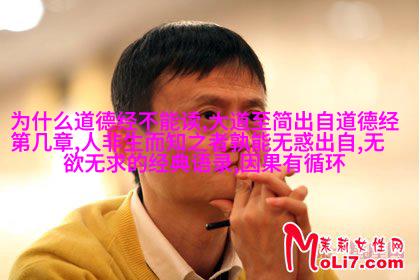道家哲学与现代政治的比较:道德经中的“无为而治”思想

在浩瀚的古代中国文化中,道家哲学以其独特的智慧和深邃的内涵,在长河流转中不仅影响了中国人的生活方式,也对世界各国的政治理念产生了深远影响。《道德经》作为道家哲学重要文献之一,其核心思想“无为而治”至今仍是人们探讨和学习的热点。
《道德经》的作者被认为是老子,他提出的一系列关于如何管理国家、处理人际关系等问题,通过一系列简洁明快的话语,为后世留下了宝贵的心得。其中,“无为而治”的概念尤其值得我们深入思考。

首先,我们要明确的是,“无为而治”并不是指政府或领导者应该完全放弃职责,而是一种更高层次的人生态度和管理方法。在《道德经》第三十章中,它用了一句著名的话来表达这一观点:“夫唯有恒地之事,不居其成,此谓不仁,以万物为刍狗。”
这里,“恒地之事”指的是那些自然规律本身运行的事物,如四季更替、日月变化等,而“不居其成”则意味着不要干预这些自然过程,让它们自由发展。这就是所谓的“无为”。这种管理方式强调尊重自然规律,不去强制改变事物本来的面貌,从而实现社会秩序与个人修养之间相辅相成。

然而,对于现代政治来说,这样的理念似乎有些难以直接应用。因为现代社会是一个高度复杂化、多元化的大型集体,需要有效率、高效且公正地解决各种冲突和矛盾。而在这样的背景下,“无为而治”的实践可能会让人觉得缺乏应对挑战的手段。但这并不意味着这个原则就不能被借鉴使用。
实际上,将“无for the sake of a greater good, as it allows for the natural order to unfold without interference. This is not about being passive or weak, but rather about being wise and strategic in one's actions.

In modern politics, this means that leaders should focus on creating an environment where individuals and organizations can thrive naturally. Instead of trying to control everything from above, they should empower people and allow them to make their own decisions based on their own interests.
This approach may seem counterintuitive at first, but it has been proven successful in many cases. For example, countries like Singapore and Hong Kong have achieved remarkable success by adopting a laissez-faire economic policy that allows businesses to operate freely while maintaining a stable regulatory framework.

Moreover, “no action taken for the sake of no action taken,” as Lao Tzu would say. It is not about doing nothing; it is about doing what needs to be done with minimal intervention.
In conclusion, while “no action taken for the sake of no action taken,” as Lao Tzu would say. It is not about doing nothing; it is about doing what needs to be done with minimal intervention.
In conclusion,
Please note that I am unable



